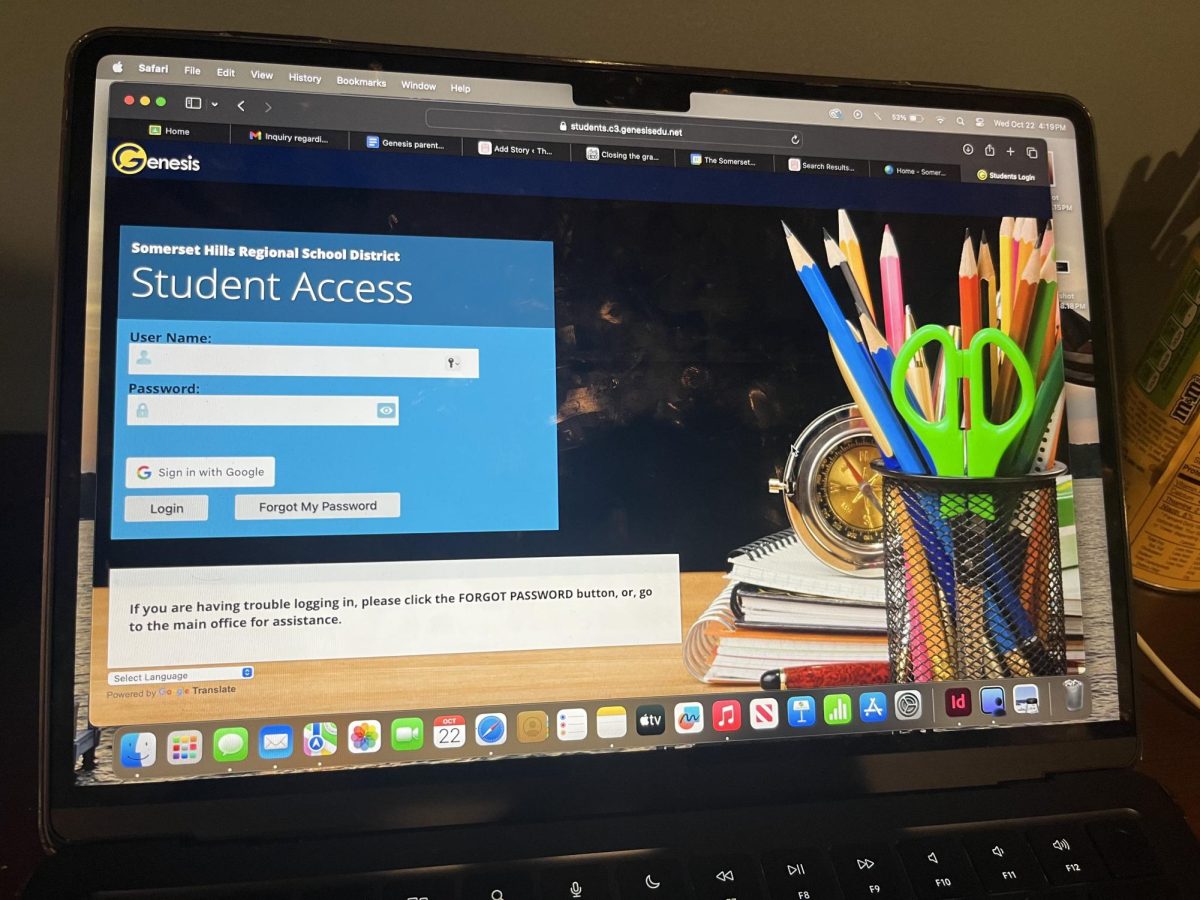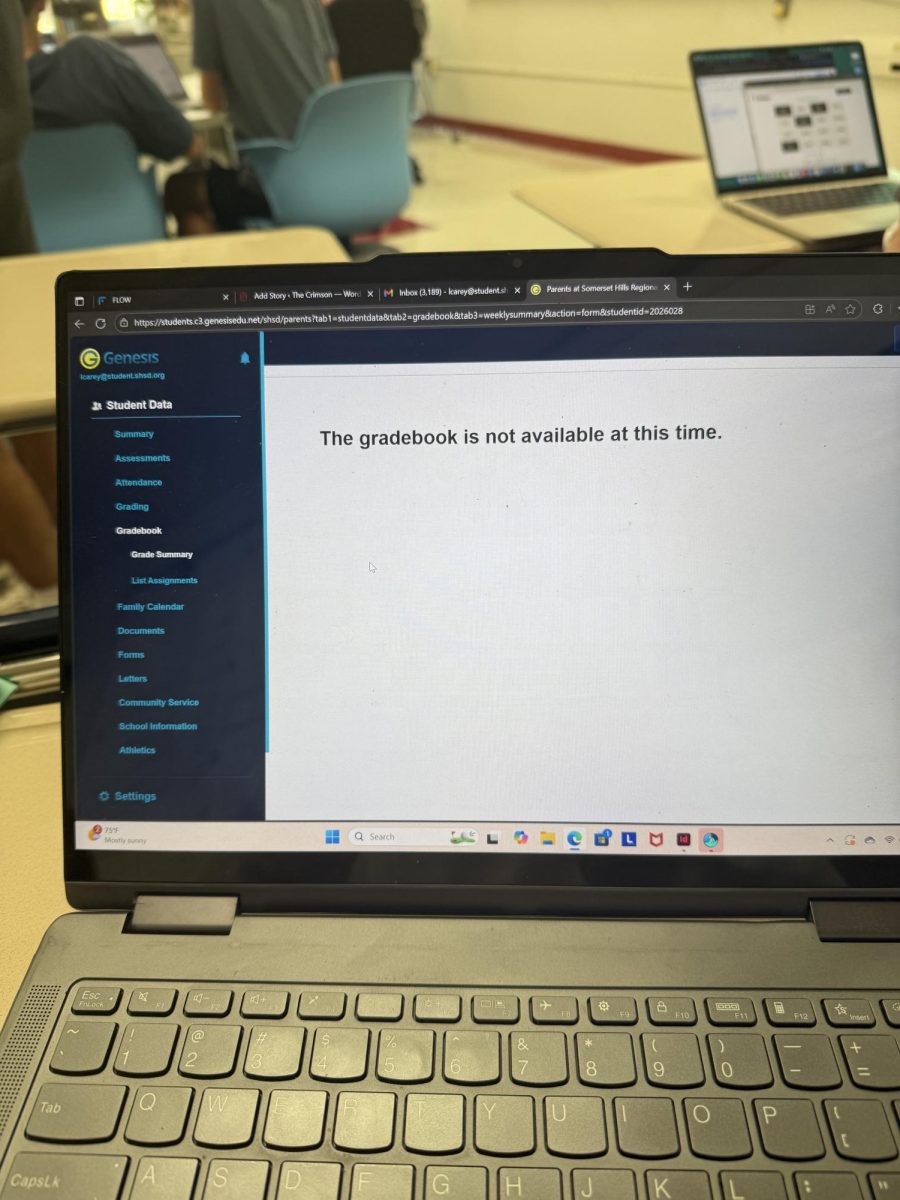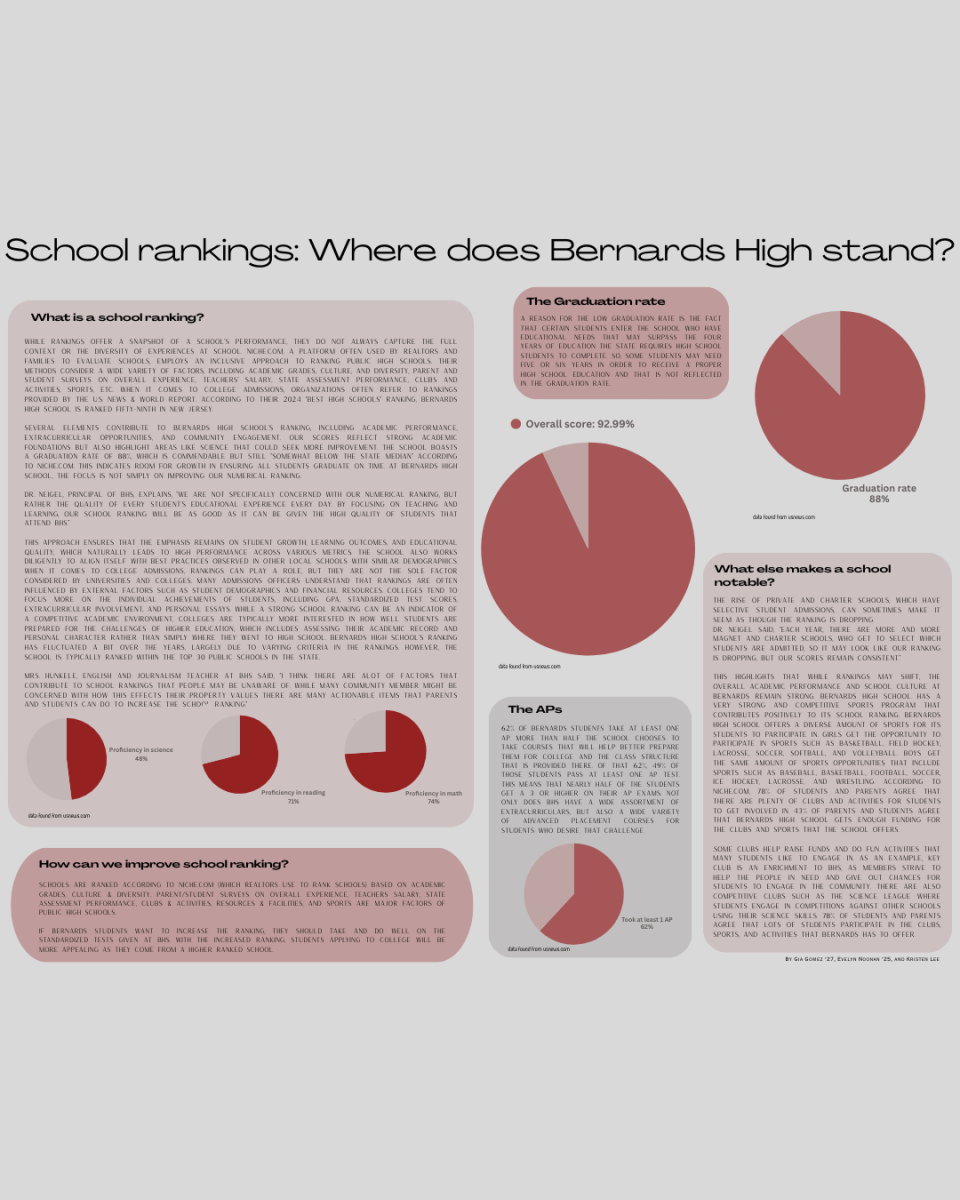In 2007, 28 states in the US introduced Merit Pay to their school districts. Merit Pay is an additional sum of money paid to an employer, in this case a school teacher, whose work is superior and services are valued. Merit Pay has been a controversial issue in our country since the mid 1980’s and its recent spread across the Atlantic from England is taking a toll on many school districts. In England, raises in school teacher’s salaries will be directly tied to performance in the classroom, so what is this telling about our Education System in America?
As for New Jersey, Chris Christie takes a strong stance in the debacle.
“Student performance should count for at least 50 percent toward whether or not a teacher receives a raise or tenure,” says Governor Christie. He, quite obviously, feels that the NJEA in our country and specifically, New Jersey, should abandon, “any type of compensation that allows for anything but merit.”
Across the board, there are varied opinions on if New Jersey should adopt the merit pay policy. Some argue that the competition that may rise from the raise in certain salaries is abundant.
One English teacher in the district who has been teaching for 13 years says that, her “fear with merit pay is that it would jeopardize the collegiality that is currently so effective in the english department.” She added, “teachers may be more protective over their highly effective lessons because it could earn them a higher salary.”
The idea of the competition is countered when some people say that merit pay may in fact cause for more collaboration. As well as individuals, the merit pay system can reward the groups that work together, just one of the many ways the teachers are getting benefits.
In any program or idea such as this, many can argue the bias and favoritism card. How do you decipher who gets what? Most principals don’t spend enough time in the individual teachers classrooms to tell who is doing a good job and who is not. In the Merit Pay program two people would be sitting in on classrooms which fixes the issue of favoritism and the bias aspect. One being the principal and the other being a board member, if the teacher is approved for the salary increase and is getting their students where they need to be then the benefits will be rewarded.
The teachers in each school district, currently, have their salaries based off two things, the amount of time that they have been with the district and teaching in general and the level of education they are teaching at. What is not recognized is the actual outcomes of those teachers.
For years now the NJEA is looking for ways to compensate teachers for good teaching and to decipher the difference between the less proficient from the superior teachers. In my own opinion, I believe that the Merit Pay system is not the best next move for New Jersey School districts. With the increased salaries budget can become a problem, but in public schools, the kids that a teacher is lecturing to every day vary completely. Even if the kids are in the same level class does not mean they are on the same level. One of the best things about public schools is that they are welcoming to the different kind of students and their needs and it would not be fair for the teachers to be punished if a few particular students were struggling.












